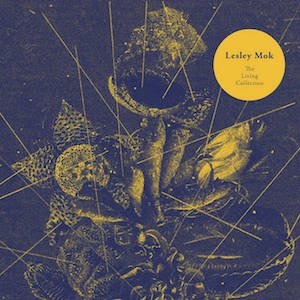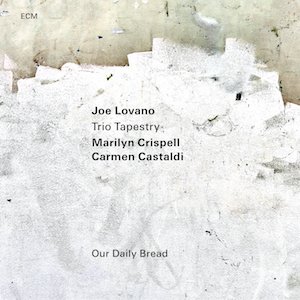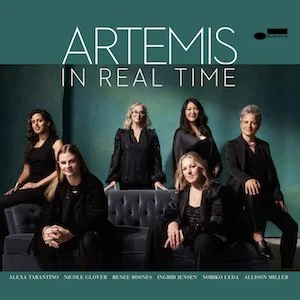Label: ECM Records, 2023
Personnel - Jacob Young: guitar; Mats Eilertsen; acoustic bass; Audun Kleive: drums.
Jacob Young, a Norwegian guitarist with a consistently assertive melodic touch, often appears surrounded by sonic atmospheres replete with light and leisure. His fourth ECM release, Eventually, marks a special occasion as his first time working in the classic guitar-bass-drums trio format. Comprising all originals, the album features bassist Mats Eilertsen (Tord Gustavsen, Trygve Seim) and drummer Audun Kleive (Terje Rypdal, Marilyn Mazur), a longtime and recent associate, respectively. They guarantee plenty of foundational substance for Young to enjoy the freedom of being the only harmonic voice in the group. The possibilities are vast and the music, feeling like poetry in motion, doesn’t disappoint.
Majestically ventilated without being minimalistic, the title track opens the door to a bright musical narrative that, after a meditative intro, finds its way through groovy drumming, unambiguous bass expression, and a guitar chordal sequence that notates 7/4 tempo. This piece hasn't that funky feel and short thematic statement of “I Told You in October”, where a good portion of bass-and-drums groove asks for Young’s eminent jazzistic phrasing.
Unaccompanied, the guitarist swirls peacefully on the intro of “Moon Over Meno”, announcing balladic winds with a natural and relaxed approach. This number gains some steam toward its denouement. “Schonstedtstrasse” comes with a nicely chilled rhythm that propels all the same, a bass pedal point that later disengages for harmonic definition, and deft guitar work that includes smart chords and intervals with occasional ringing tones and wah effects.
Contrasting with the gentle accents and the casual, witty observations of “The Dog Ate My Homework”, “Inside” closes out the record in smooth relaxation, including an expressive bass solo over a platform of arpeggiated guitar and understated drumming.
Putting an end to the nine-year hiatus that separates it from Forever Young (ECM, 2014) - which paired the guitarist with saxophonist Trygve Seim and the trio of Polish pianist Marcin Walisewski - Eventually reveals an off-the-chart degree of musicianship. All three musicians are very conscious of their spaces within the trio, allowing every musical idea to effortlessly breathe.
Favorite Tracks:
02 - I Told You in October ► 03 - Moon Over Meno ► 05 - Schonstedtstrasse








































